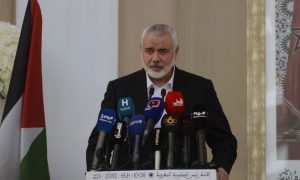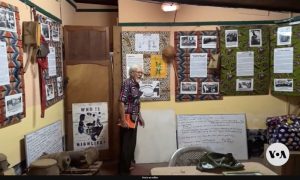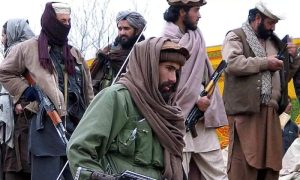ISLAMABAD: The Program Management Unit at the United Nations Development Programme (UNDP) organized a two-day interactive workshop and consultation session to sensitize media professionals about HIV/AIDS.
The participants from over thirty media organizations attended the conference. The workshop started with an inaugural address by the National Program Specialist at UNDP Dr. Nashmia Mahmood.
Dr. Nashmia Mahmood stressed the important role that the media played in shaping societal perspectives on HIV/AIDS.
She said that media is not just a mirror reflecting reality but a powerful tool with the capacity to shape it. Sensitive and ethical reporting on HIV/AIDS is not just an option, but it is a responsibility.
She asserted that the workshop was more than just a training session.
Dr. Nashmia Mahmood added that it is an opportunity to redefine the media’s role in disseminating compassionate and accurate information about a topic that has long been marred by misunderstanding and stigma.
Breaking down the issue’s complexities, the first session, “Understanding HIV/AIDS and Overcoming Stigma,” was effectively guided by Mubashir Akram.
He tackled stigmas and preconceived notions about HIV/AIDS head-on, making it a point to elucidate the facts.
Akram asserted that ignorance should not dictate the narrative. Knowledge is the first step to breaking down stigma barriers.
The moral compass for media reporting on the issue was established in the second session, led by Absar Alam, a seasoned journalist and former Chairman of the Pakistan Electronic Media Regulatory Authority (PEMRA).
Media Urged to Adhere to Highest Ethical Standards
He urged journalists to adhere to the highest ethical standards while covering this sensitive topic.
Alam emphasized that ethics in journalism is not a passing consideration but an imperative. How journalists talk about HIV/AIDS matters because words can integrate or isolate communities.
Dr. Arif Saleem spearheaded the third session, “Effective Behavior Change Communication (BCC) Strategies for Humane HIV/AIDS Awareness.”
The session was an educational tour de force on Behavior Change Communication strategies.
Dr. Saleem said that effective communication is about relaying facts and shaping actions and perceptions.























